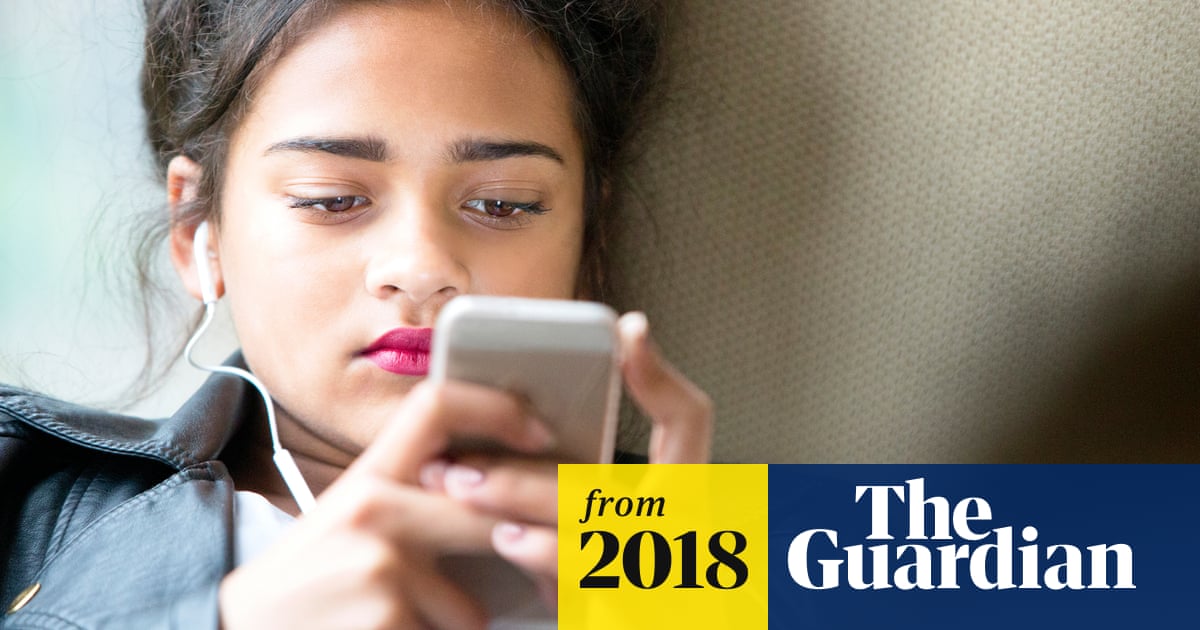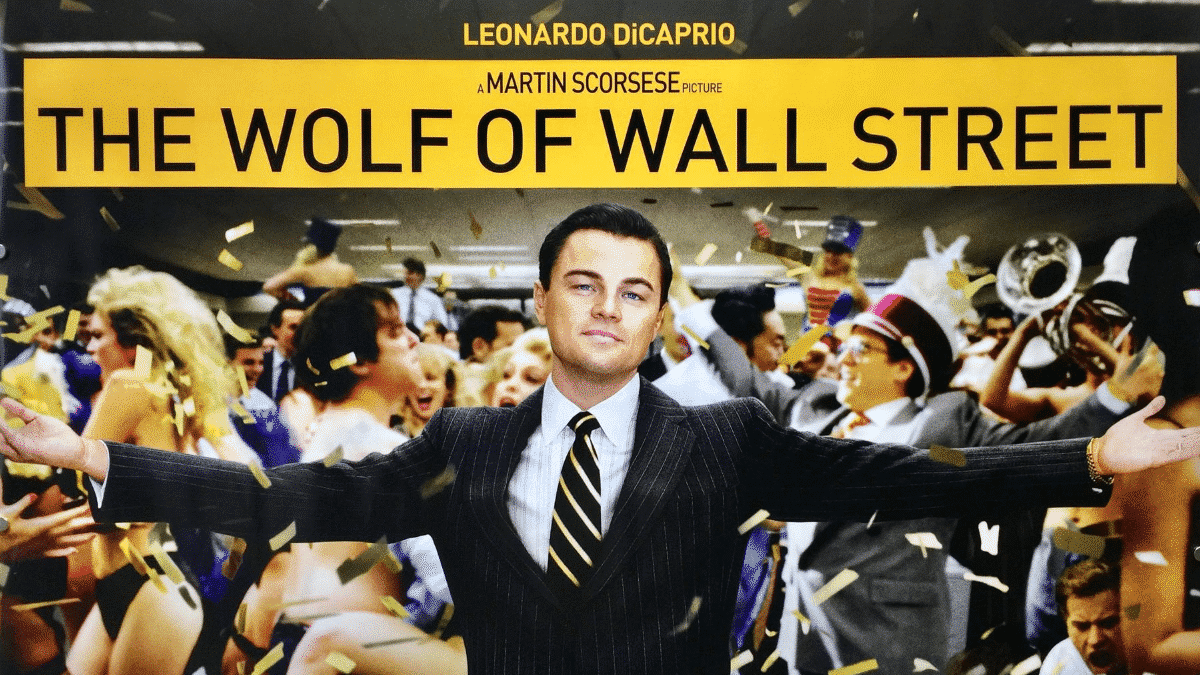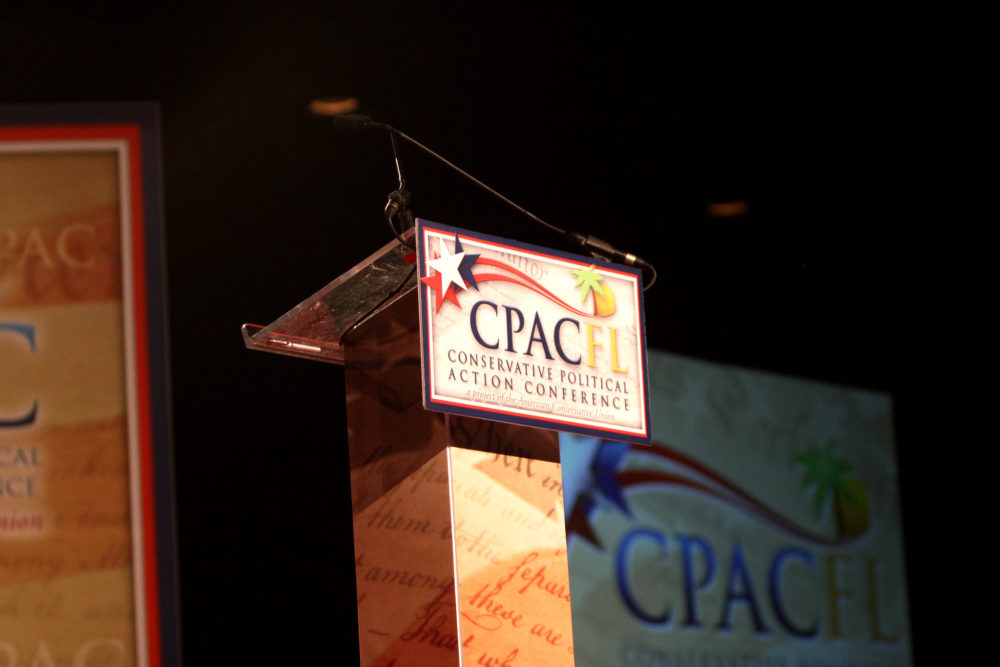I should clarify what I meant in that post. I meant that that post wasn't about demographics (of course they do compete for viewer's time, which includes how many viewers there are), which you claimed it was, but instead it was stating, again, that the product is similar enough to clearly be competitors.Ah, they compete for time but not viewers you say. And if not viewers exactly who's time are they competing for? I have little interest in such semantics games. And you've yet to actually establish how videos and tweets are remotely a similar or substitutable product. I mean the definition you've given is this:
If you want an explanation of how they do compete, maybe read the whole post:
Facebook used to be popular among kids though. Then it was... outcompeted by competitors, and now it isn't, so the fact that its missing some demographics is evidence of competition, and successful competition.
In a hypothetical world where there was no alternative to facebook, with no twitter, no TikTok, etc, teens do end up using Facebook. Facebook would love to have that demographic, but doesn't, because other social media companies came and used demographic niches to compete against it.
That's competition. Viewership of facebook went down and viewership of twitter went up.
Here's another reason they are competitors: that multiple different companies need to act to silence them. Now, them acting in seeming concert is concerning, just like any competitors acting the same way and banning people. But that's yet more evidence they are competitors.With a brush that broad TV is social media, as are books, speeches, newspapers, billboards, radio, movies, power point, mail, email, music, paintings, murals, and smoke signals. You've begged the question by starting with the assumption that social media is so incredibly broad and interchangeable that it can't help but be competitive because so many things count as "social media" and what kind of media they are or what their actual function is is "immaterial." And I could get behind that as a thought experiment but it's rather pointless when we're trying to discuss economics and how big tech companies can use their excessive market share to censor competing viewpoints.
The 144 characters or videos is really just the packaging. The value, again, to the content creator is the ability to communicate with huge numbers of people, and thus build a fan following, which they can then monetize.But 144 character texts and videos are totally switchable. Sure.








